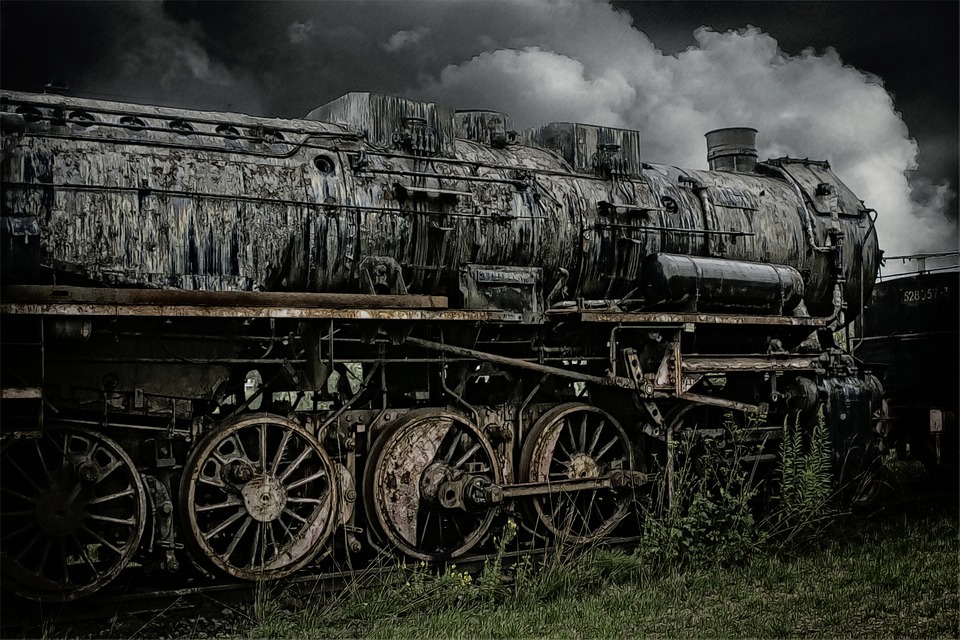Lately, I have been reading a book about the influence of the Arabic language on modern French: “Nos ancêtres les Arabes” by Jean Pruvost. It’s a wonderful book if you are into linguistics and share a passion for words and how they evolved into what they are now over the centuries. Among the many words and their etymologies I got to learn, the word avarie caught my attention.
Avarie in French
According to the Collins dictionary, avarie means damage, in a nautical context. “Pour des raisons d’avarie” is one of the most popular reasons to justify delays in public transports. A nice way of saying “something broke, not too sure what it is, either way, the train is not coming on time.”

Avarie in Italian
Looking up in the same dictionary in a different language combination, we can read that avaria means “breakdown, failure” – this time in a mechanical context. Or simply damage, more generally. Similar meaning, but in a broader spectrum. Let’s cross the Mediterranean Sea to find out more about where it all started.
Avarie in Arabic
According to Pruvost, the word originated from Arabic عَوَارِيَّة (ʿawāriyya), as confirmed by Wiktionary. In Arabic, avarie takes the meaning of fault, damage in the broadest sense. This is how it all started.
Avarie in Spanish
On its way to Europe, awariyya crossed path with the Spanish language, becoming avería, trading an a for an e. According to the Real Academia Española, avería is also damage related to goods or a mechanical device, used colloquially as damage in general (daño).
Avería can also mean aviary:
“Casa o lugar donde se crían aves.”
A house or a place where birds are bred.
Avarie in German
Carrying on towards northern languages, avarie borrowed an H and became Havarie in German. Essentially, the word remains used in the context of nautical damages. In Austrian German, Havarie is understood as a car accident. – we’ll find out later it is not the only language to do so.
Avarie in Swedish
In Swedish, we are starting to get away from the original spelling. Haveri looks less and less like awariyya and yet, it conveys the same meaning: a crash, a wreck(age).

Avarie in Polish
Awaria in Polish (the pronunciation is near-identical to the Italian one) is a breakdown when a car stopped working. We are further away from the maritime meaning. Likewise, but with a different spelling, Czech uses the word havárie.

Avarie in Russian
Copying the Polish pronunciation, Russian uses the word авария (avaria) in the meaning of car crash. A more radical version of the Polish vehicle breakdown.
Avarie in Finnish?
Although Finnish usually has a mind of its own when it comes to words, I looked up damage. One of the possible translations is vaurio. We are miles away from awariyya, yet it has a similar ring to it. Could these two be related?
Avarie in English
So what happened to avarie on its way to the English language? Well, it gave us the word average. The avarie referring to the damage a ship suffered, translates as average becoming the word we know today. As Merriam Webster puts it:
“When a ship or its cargo was damaged at sea, the owners or insurers shared the expense, or average. An average-adjuster determined a division of costs among them. An average then became any equal distribution or division, like the determination of an arithmetic mean. Soon the arithmetic mean itself was called an average. Now the word may be applied to any mean or middle value or level.”